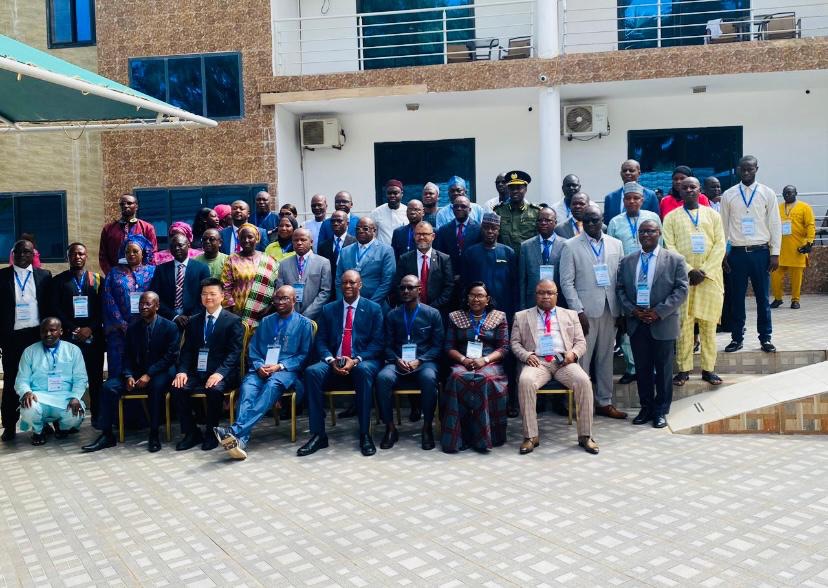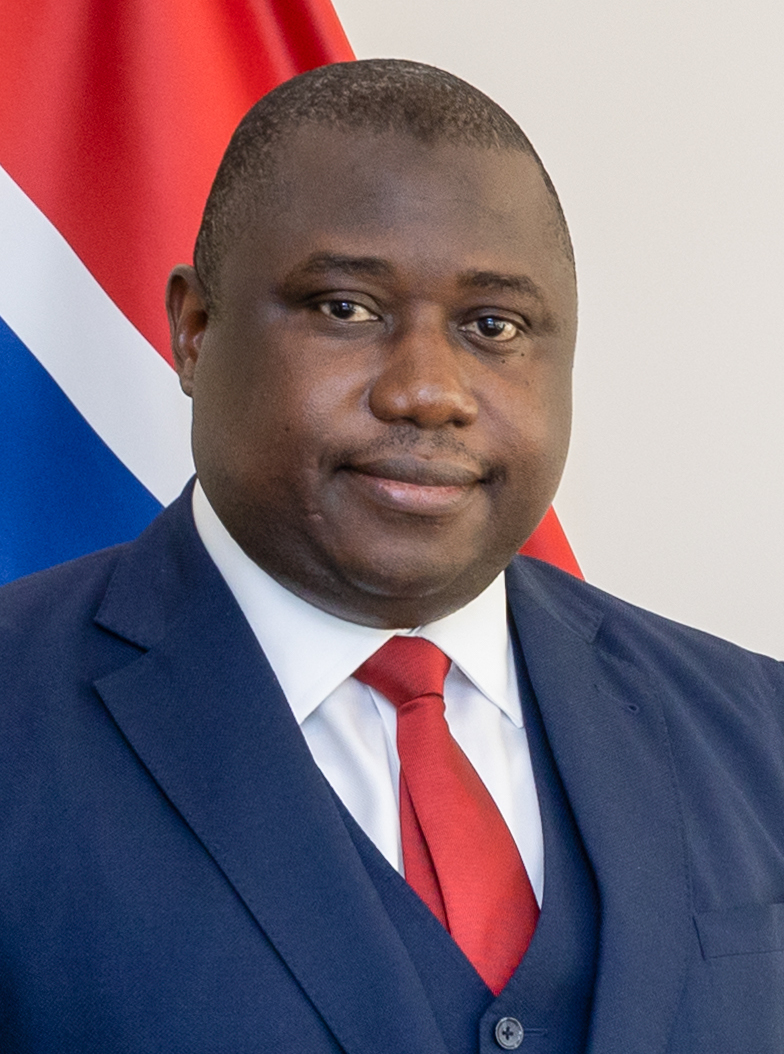By Binta Jaiteh
The Commissioner General of the Gambia Revenue Authority (GRA), Yankuba Darboe, has stressed that digital transformation of human resource is no longer a luxury but a necessity.CG made this remark at the opening ceremony of the 12thmeeting of World Customs Organisation (WCO) training and human resource managers for West & Central Africa Region.
The three-day forum is themed ‘’The Regional Strategy for Human Resources Management in The Context of Digitalization and the Implementation of Forward Planning of Workforce, Jobs and Skills’’.
Darboe added that by leveraging technology, customs administrations can enhance efficiency, improve employee experience, and better meet the evolving needs of their organizations.
“I am confident that through our discussions and collaboration, we will be able to develop actionable recommendations that will contribute to the development of a more competent, committed, and motivated workforce across the region. These recommendations may include investing in digital tools, promoting knowledge sharing, and fostering a culture of continuous learning,” he explained.
The Gambia’s revenue mobilization boss said: “For the next three days, we will learn from each other through presentations, discussions and sharing of experiences, with specific focus on the very critical field of Human Resources and Training.
“It is evident that the greatest resource of our administrations is our workforce and human resources are the lifeblood of any organization,” Darboe emphasized.
‘’The Gambia Revenue Authority has recognized the importance of investing in its workforce. Through our commitment to training, development, and employee well-being, we have cultivated a competent, motivated, and taxpayer-focused team,” he stated. He continued: “Moreover, through our commitment to training, development, and employee well-being, we have achieved significant results.
These results can be attributed to our focus on creating a positive and supportive
work environment. Our Human Resource Information System (HRIS) has been instrumental in streamlining HR processes and providing valuable insights for decision making. Additionally, our competency-based approach to training has resulted in the development of a comprehensive Training Policy and Strategy.’’
He emphasized that other areas like human capital management, data and technology and the digital transformation of human resources are very apt and timely, given the need to enhance efficiency through automation.
However, he said these recommendations may include investing in digital tools, promoting knowledge sharing, and fostering a culture of continuous learning.
The representative of the Permanent Secretary of the Ministry of Finance Alagie Jallow in his address noted that as business and cross-border trade grow in the region, there is need for highly competent human resource professionals that are increasingly tasked with navigating complex tax regulations and policies. “Efficiently managing this is critical not only for the organizational compliance but also for the long-term growth and sustainability of the job of customs administrators. Therefore, this training makes it very essential business that is required for our tax administration and custom processes,’’ he emphasized.
He noted that understanding the tax laws in each country is vital to ensuring that businesses remain compliant but that also human resource within the custom administration must be equipped to navigate the complex growing environment of international trade as well as cross border activities.
“This will require human resource to integrate digitalization in our daily business processes that promote highly skilled and smart job planning for custom administration. Customs regulation is important, especially for industries involved in cross border trade,” stated Jallow.





